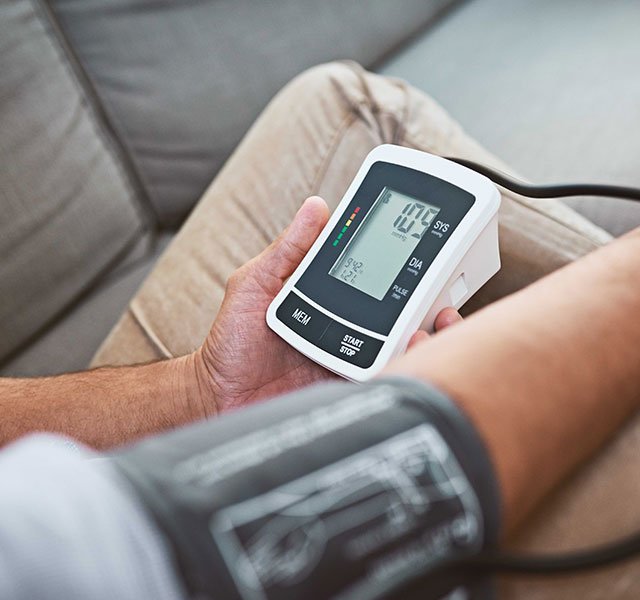NRP Skills Session - St. John
The Neonatal Resuscitation Program®️ (NRP®️) course conveys an evidence-based approach to care of the newborn at birth and facilitates...
At Henry Ford, our mission is help you achieve the look you want and gain personal confidence and satisfaction in yourself through both surgical and nonsurgical facial rejuvenation.
Our team of experienced, board-certified surgeons have performed hundreds of procedures on patients of all backgrounds and ethnicities, have won numerous awards for their work and are nationally recognized.
Facial plastic surgery can help you fix aspects of your face you feel detract from your appearance. We can also combat the effects of aging. Our experts will work with you to restore your youthful appearance with the following surgical options:
We offer many forms of non-surgical facial skin rejuvenation, including:
Our cleft and craniofacial services provide specialized care for patients with keloids, cleft lip, cleft palate or defects of the head, skull and face.
The Neonatal Resuscitation Program®️ (NRP®️) course conveys an evidence-based approach to care of the newborn at birth and facilitates...
During this FREE virtual session, participants will hear from a registered nurse specially trained in advance care planning. Participants will...
The Neonatal Resuscitation Program®️ (NRP®️) course conveys an evidence-based approach to care of the newborn at birth and facilitates...
The Neonatal Resuscitation Program®️ (NRP®️) course conveys an evidence-based approach to care of the newborn at birth and facilitates...





Helping your teen learn to manage their healthcare is important for their well-being. Find out how you can give your child this life skill.

Many adults eat vegetarian, vegan and carnivore diets, but they're not always safe for kids. Find out what kids miss when they eat restrictive diets.

Life after a heart failure diagnosis doesn’t mean you can’t enjoy the things you love. Learn how lifestyle adjustments can help you return to your normal life.

Facial gua sha can make your skin look better and may even help with some health conditions. Learn the benefits of at-home and professional treatments.
We use cookies to improve your website experience. By using this site, you agree to our Terms of Use. Read our Internet Privacy Statement to learn what information we collect and how we use it.